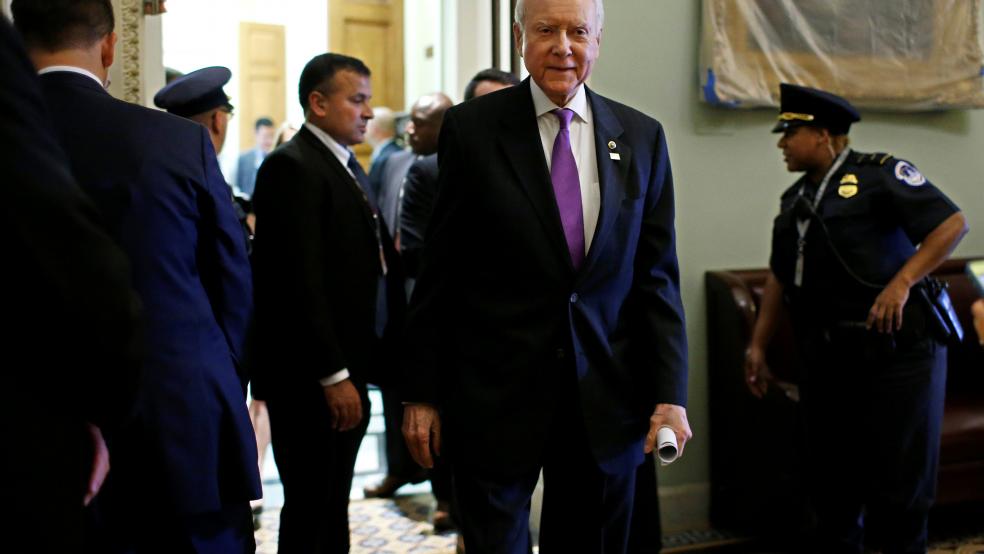WASHINGTON (Reuters) - The top Republican in the U.S. Congress dimmed hopes that lawmakers might end the embargo on Cuba after President Barack Obama leaves office, saying on Tuesday he intends to keep the trade restrictions in place.
"As the past two years of normalizing relations have only emboldened the regime at the expense of the Cuban people, I fully intend to maintain our embargo on Cuba," U.S. House of Representatives Speaker Paul Ryan said in a statement.The Obama administration has been easing restrictions on dealings with Cuba since the surprise announcement in 2014 by Obama and Cuban President Raul Castro that the long-time foes would move toward more normal relations.On Friday, the White House announced new measures to further ease trade, travel and financial restrictions, including allowing American travelers to bring home more of the country's coveted cigars and rum. But the half-century-long embargo can only be lifted fully by Congress, which is controlled by Ryan's Republicans. While some join most of Obama's fellow Democrats in backing the new policies, party leaders have opposed legislation to ease restrictions.Some lawmakers had hoped attitudes in Congress might soften after Obama leaves office in January, even if Democrats do not win majorities in the House and Senate, especially with Americans accustomed to two years of freer travel and business.Cuban relations often come to the fore during U.S. election campaigns. Pro-embargo Cuban-Americans are an important Republican voting bloc in Florida, which often has close congressional races and is one of the swing states that can decide presidential elections.Ryan termed Obama's actions "efforts to appease the oppressive regime" in Cuba. He said they would strengthen its government and endanger U.S. companies' intellectual property rights.Backers of Obama's policy say half a century of restrictions on trade and travel have not ended Cuban communism, and are not worth denying U.S. citizens freedom of travel and U.S. companies the chance to do business there. (Reporting by Patricia Zengerle; Editing by Alistair Bell)Top Republican pledges to maintain Cuba trade embargo

JOSHUA ROBERTS



